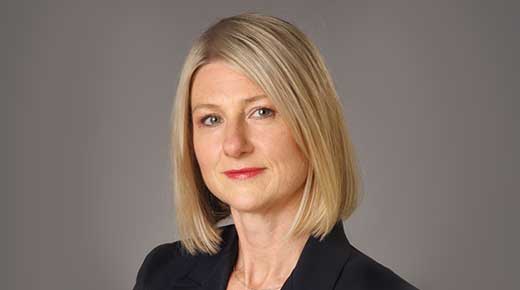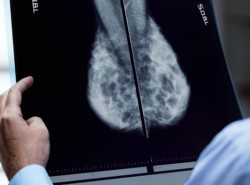
Breast cancer prevention through precision medicine
Published: 10/10/19 12:21 AM

Kelly-Anne Phillips
With 53 Australians being diagnosed with breast cancer every day and over 3,000 dying from the disease each year, there is an urgent need to reduce the numbers of women developing breast cancer in the first place.
There are many ways that women can reduce their risk of developing breast cancer and it’s important that these options are known and available across the entire population, regardless of geographical or socio-economic situation.
As an NBCF-funded fellow, Professor Kelly-Anne Phillips has developed a web-based tool called iPrevent which is designed to help all Australian women to know and appropriately manage their personal breast cancer risk.
NBCF has now provided additional fellowship funding to complete the testing and roll out of iPrevent so that women and their doctors can work together to try to  prevent breast cancer.
Professor Phillips will also seek information directly from women and their clinicians about why some women do not utilise breast cancer prevention and screening options. Understanding these barriers is the first step to breaking them down and will enable more women to access the benefits of 21st century breast cancer prevention knowledge.
In addition, this far-reaching research fellowship includes studies of medications that might prevent cancer or stop it returning in women who have increased breast cancer risk because they have abnormalities in the BRCA1 or BRCA2 gene. Two of these studies will help work out whether tamoxifen and aspirin respectively can prevent cancer in women with these gene abnormalities. Another study will see if the drug olaparib can help stop breast cancer returning if it does occur in these women.
Professor Phillips will also continue to lead the Australian arm of a huge international study looking at lifestyle risk factors for breast cancer risk and aimed at further refining current methods of assessing a woman’s risk of developing the disease.
This broadly collaborative, multidisciplinary research program builds on almost 20 years of clinical and research contributions by Professor Phillips who is dedicated to helping women to reduce their risk of developing breast cancer.

